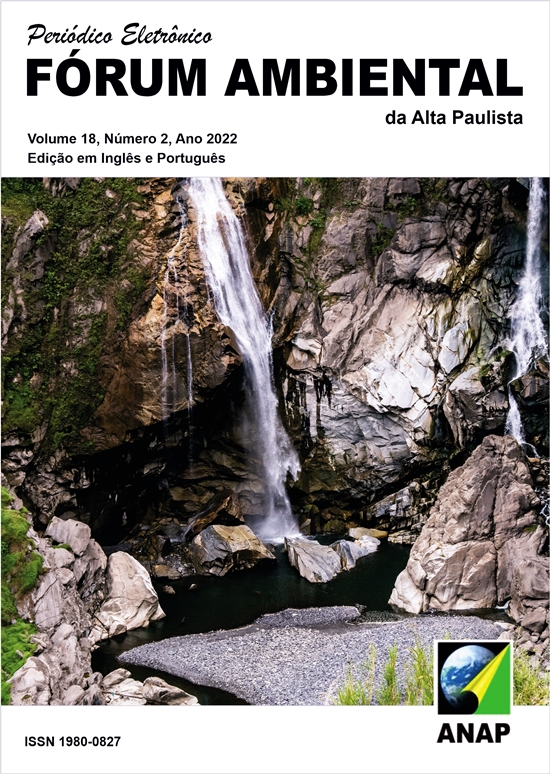Public policies for environmental licensing: a study on municipalization in the state of São Paulo
DOI:
https://doi.org/10.17271/1980082718220223126Resumen
This article analyzes the implementation of the policy to decentralize public environmental management, focusing on the municipalization of environmental licensing. The mechanisms adopted by the municipality of Araraquara, SP, for its environmental licensing were methodologically compared to the mechanisms used in the municipality of São Carlos, SP, by the state of São Paulo, through the CETESB, which is the state environmental control agency. A bibliographic survey and document analysis of the public agencies were conducted. The research elucidated that municipalized environmental licensing did not decrease the time required to approve licenses and that no investments were made to update the analysis processes, unlike the state, which went through a process to virtualize its license requests. However, the municipality of Araraquara conducts a more thorough analysis of licensed businesses to mitigate environmental impacts. This municipality also has greater contact between municipal public officials and the community, which demonstrates benefits in decentralization.












